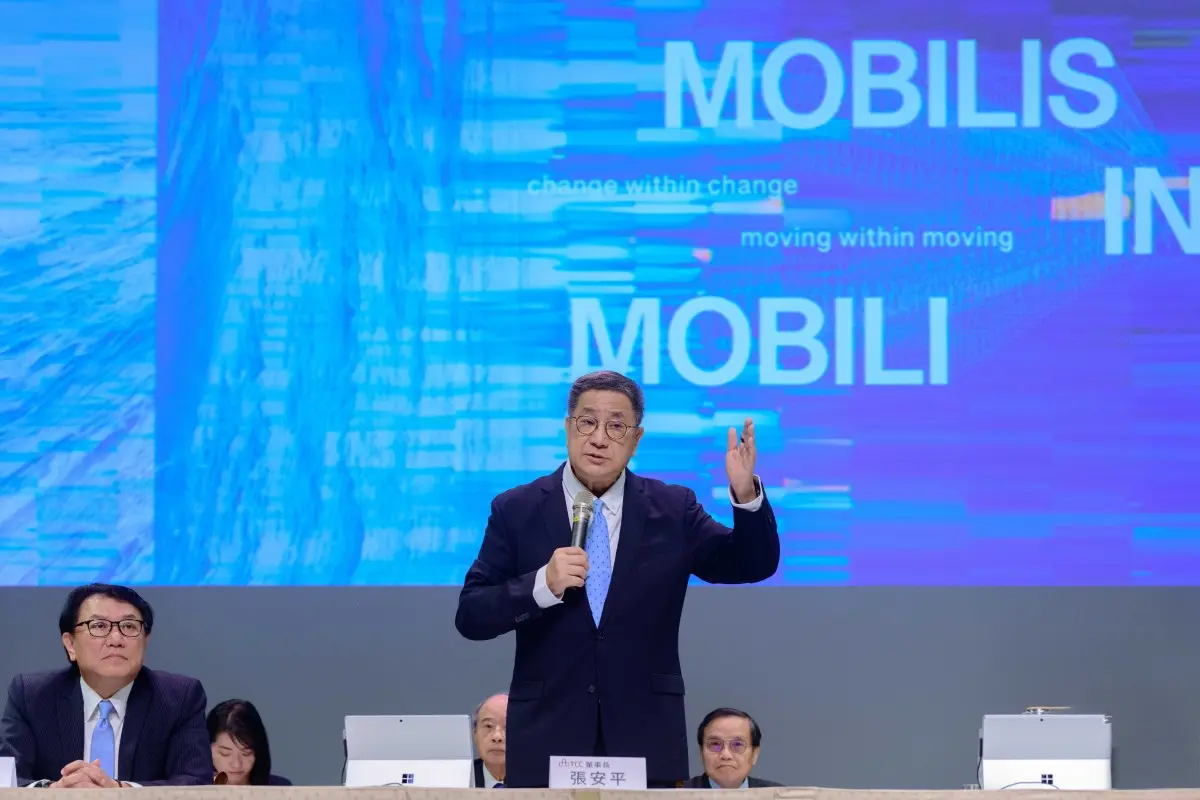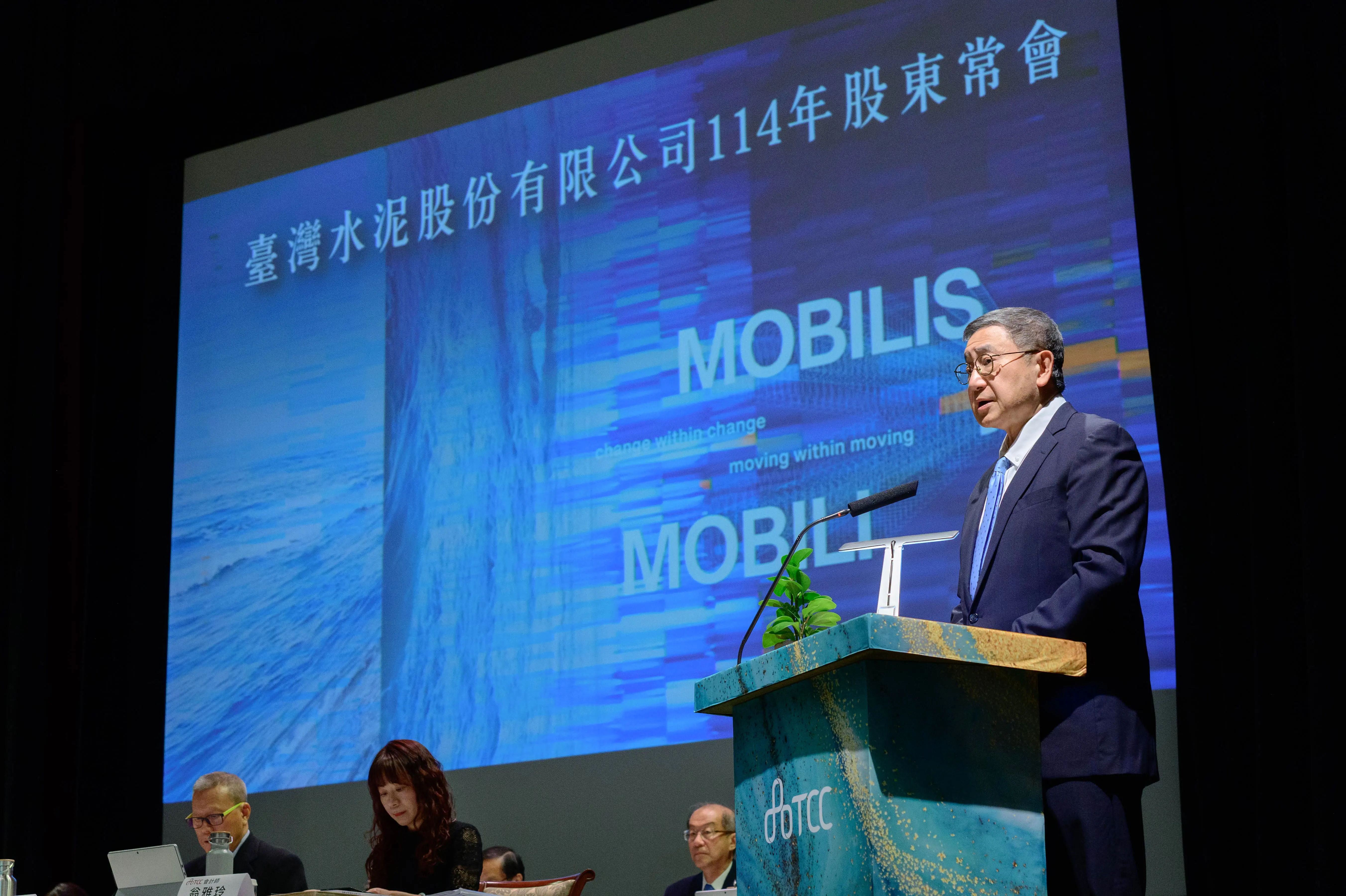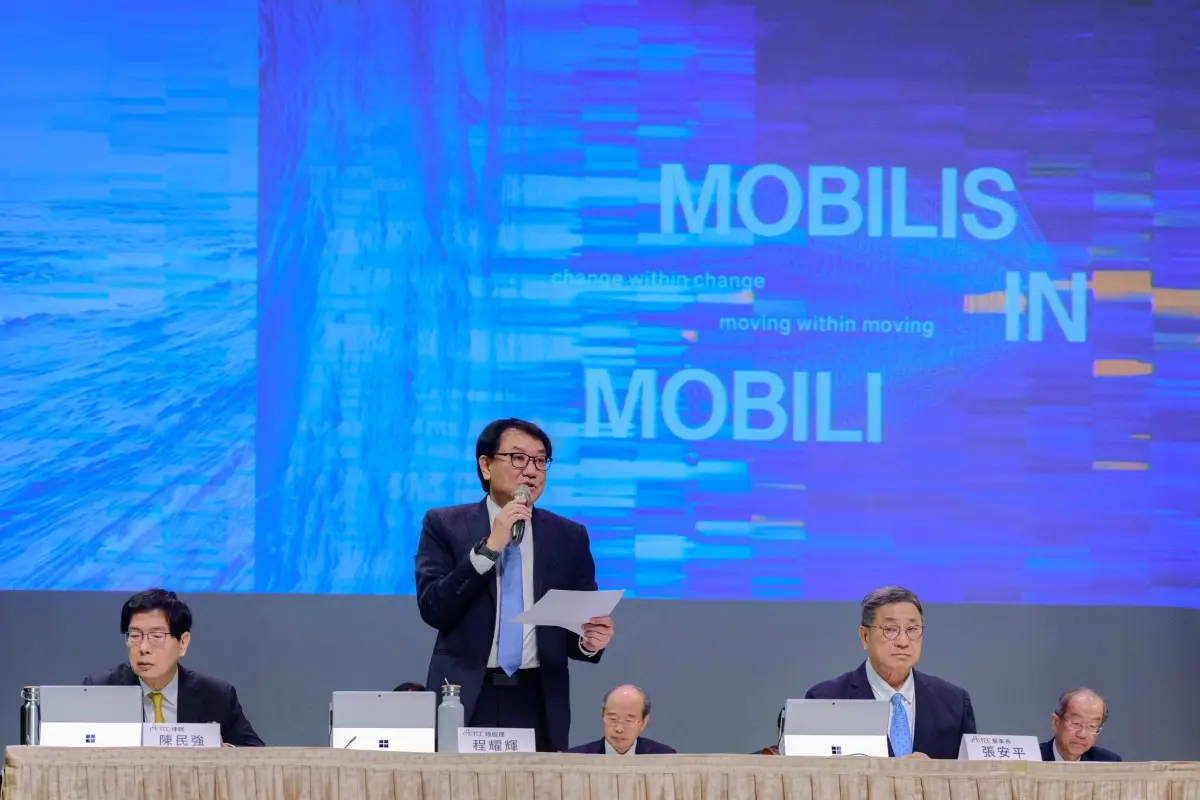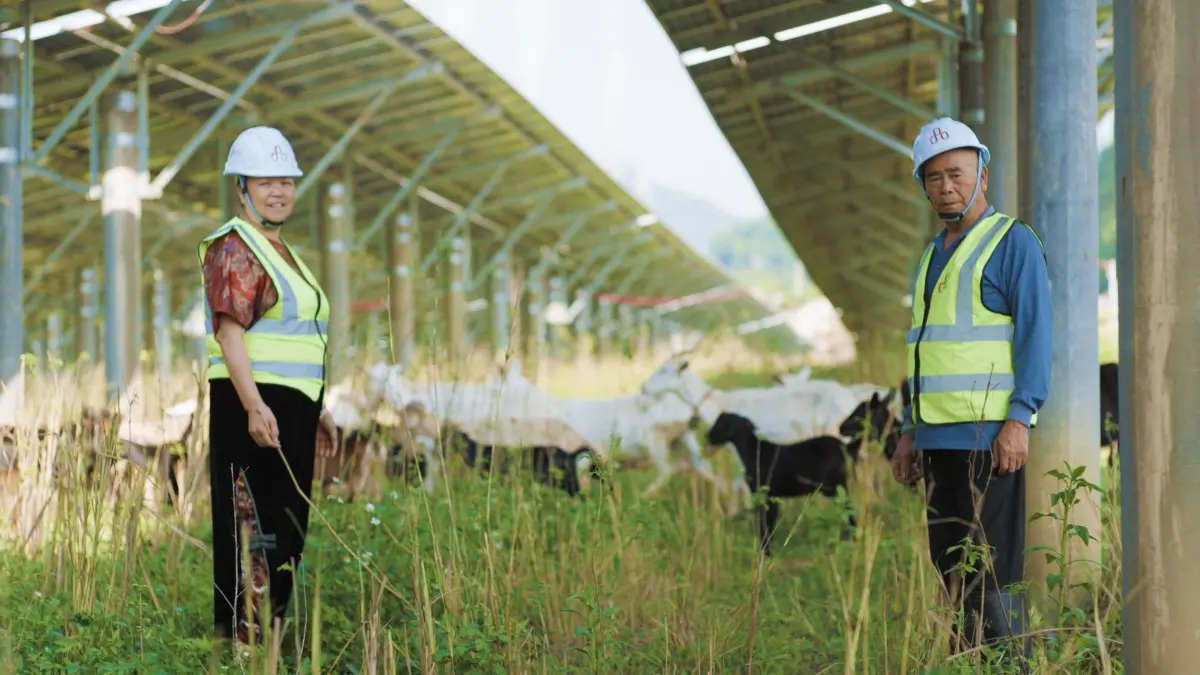Chang An-Ping: “Without cement to lay the foundation, industries like semiconductors can’t thrive!” TCC drives dual transformation through AI and green energy, “turning uncertainty
Chang An-Ping: “Without cement to lay the foundation, industries like semiconductors can’t thrive!” TCC drives dual transformation through AI and green energy, “turning uncertainty
2025.05.28
-
Copied

TCC held its annual general meeting today (June 27), themed “Mobilis in Mobili” – Changing in a Changing World, highlighting how the company transforms uncertainty into growth momentum amid geopolitical instability and a rapidly shifting global economy. Committed to sustainability and driven by technology, TCC is navigating change with purpose. Chairman Chang An-Ping remarked, “Recently, society has seen a surge of investment in the semiconductor industry. Someone asked me: Can a cement company like yours survive for 100 years? My answer is: absolutely! Why? Because without cement as the foundation for infrastructure, there would be no semiconductors or any other industry. Cement contributes far more than just buildings—we also help process industrial waste generated by industries like semiconductors.” Chang emphasized that in today’s increasingly complex global political and economic landscape, TCC’s strategy of deep local roots and global deployment demonstrates strong resilience. “We don’t chase short-term gains—we are steadily building long-term value.” In response to geopolitical tensions and economic slowdowns, Chairman Chang stated that TCC will continue refining its strategies, diversifying supply chains, strengthening financial management, and upholding a balanced global footprint across East and West, North and South—turning uncertainty into a force for growth.
Chang An-Ping believes that future leaders are not merely those who adapt to change, but those who actively drive it. This year, TCC has fully embraced artificial intelligence (AI) across its operations—from process upgrades and green power maintenance to zero-carbon transportation. The company is advancing in four key areas: early warning systems for cement production lines, remote operations using smart glasses, drone-based inspections, and intelligent mining. TCC’s European subsidiary Cimpor has implemented over 10,000 AI × IoT smart monitoring systems across 25 plants in six countries, equipping its production lines with a “smart brain” that enables real-time alerts and predictive maintenance. Engineers are equipped with RealWear AI smart glasses, allowing them to access data, connect to remote support, and accurately execute repair instructions using only voice commands. These devices are seamlessly integrated with the SAP system, creating a highly efficient operational environment. In Mainland China, TCC’s Yingde Plant in Guangdong deploys AI-powered drones that autonomously follow preset flight paths to conduct routine inspections of solar farms and cement plant equipment—completely unmanned. At both the Jurong Plant in Jiangsu and the Yingde Plant, autonomous electric mining trucks have been introduced. These vehicles use AI to independently plan the shortest driving routes and avoid obstacles in real time, supported by remote monitoring systems to ensure operational safety and efficiency. According to calculations, the Jurong Plant can save approximately NT$25.31 million annually in fuel and labor costs, while reducing carbon emissions by around 1,542 metric tons. The estimated five-year return on investment is nearly 30%. At the Yingde Plant, annual carbon emissions are expected to decrease by 3,344 metric tons, generating about NT$38.47 million in energy savings. These outcomes reflect TCC’s ongoing efforts to expand the sustainable value of AI technology.
Looking ahead, Chairman Chang An-Ping noted that this year’s business performance may not surpass that of last year. However, in the face of various challenges, TCC will redouble its efforts to drive transformation and innovation. "What’s worth anticipating," he added, "is that as our strategic deployments gradually take shape, we remain cautiously optimistic about next year and are working hard toward better outcomes." TCC President Roman Cheng also addressed the impact of the magnitude 7.2 earthquake in 2024, which caused significant internal damage to TCC’s 20-year-old plant in Heping, Hualien. He emphasized that more time is needed for recovery and healing. The earthquake led to 36 days of power plant downtime, equipment damage, increased coal handling and transportation costs, and restoration of facilities at the Suao and Hoping cement plants and ports—resulting in losses exceeding NT$2.3 billion. President Cheng highlighted that in this era of transformation, risks and opportunities coexist. While green energy remains a key focus for growth, market fluctuations, policy shifts, and the complexities of cross-border operations cannot be overlooked. He cited TCC’s European joint venture partner Stellantis as an example: both revenue and profit in 2024 saw sharp declines, reflecting how joint ventures are subject to market pace and policy changes during the global shift toward electrification. Additionally, President Cheng pointed to heightened volatility in global foreign exchange markets, noting that the sharp appreciation of the New Taiwan Dollar against the U.S. dollar and euro will impact the accounting valuations of Taiwanese companies abroad, including TCC.





